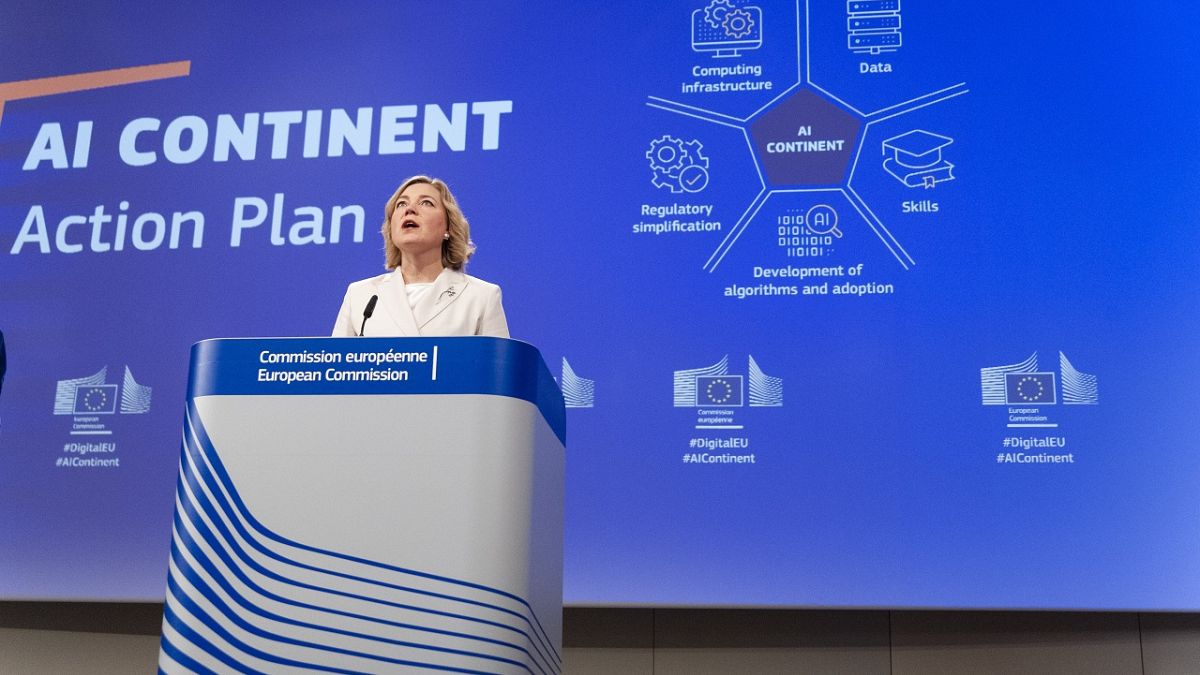

In today’s rapidly evolving digital landscape, the world stands at the cusp of intriguing technological advancements and challenges. Recently, several significant developments have captured the attention of both experts and the general public, each offering new insights into the future of technology and its implications on society.
At the forefront of fostering innovation while ensuring responsible use of artificial intelligence, the European Commission’s AI Office has announced a dedicated workshop that aims to encourage companies to engage with the AI Code of Practice. This code, meticulously crafted to balance the dynamism of AI with ethical guidelines, is set to be the focal point of discussions. The benefits of committing to this code will be explained, emphasizing how such a commitment could guide companies toward adopting AI that is not only innovative but also safe and consumer-friendly.
Simultaneously, AI is revolutionizing the way we experience entertainment, particularly in the domain of sports. According to Samira Panah Bakhtiar from Amazon Web Services, the future of entertainment lies in its ability to offer highly personalized and interactive experiences. As AI continues to bridge the gap between real-time sports action and audiences worldwide, fans can expect more immersive and dynamic ways to engage with their favorite sports, elevating the viewing experience to a multi-dimensional realm.
However, the rise of AI also brings to the forefront significant concerns regarding privacy, as highlighted by recent actions in Germany. A German data protection official has urged major tech companies like Apple and Google to reconsider their relationship with DeepSeek, an AI enterprise scrutinized for allegedly transferring user data to China unlawfully. This call reflects the pressing need for stringent oversight to ensure that AI technology respects user privacy and complies with international data protection standards.
In an intriguing demonstration of technological advancements, China has unveiled an exceptionally small spy drone reminiscent of a mosquito. Weighing just 0.3 grams and measuring about 2 cm, this drone represents a new frontier in surveillance technology. Such innovations underscore the rapid pace of miniaturization in technology, though they also raise questions about the implications for privacy and security. As these devices become more sophisticated, understanding and managing their impact will become an essential facet of global tech policies.
Lastly, Microsoft’s decision to phase out the iconic ‘blue screen of death’ in favor of a more subtle black screen marks the end of an era in computing history. This shift reflects broader changes at Microsoft as the company moves toward more contemporary and less disruptive user interface designs, aligning its systems with modern user expectations and aesthetics.
As each of these stories unfolds, they collectively paint a picture of a world in which technology is both a beacon of progress and a field requiring careful stewardship. By navigating these contrasting themes of innovation and regulation, societies around the globe are tasked with shaping a future where technology serves humanity’s best interests. The journey is both challenging and full of promise, encouraging a balanced blend of curiosity and caution as we step into a tech-driven era.
Source: {link}
